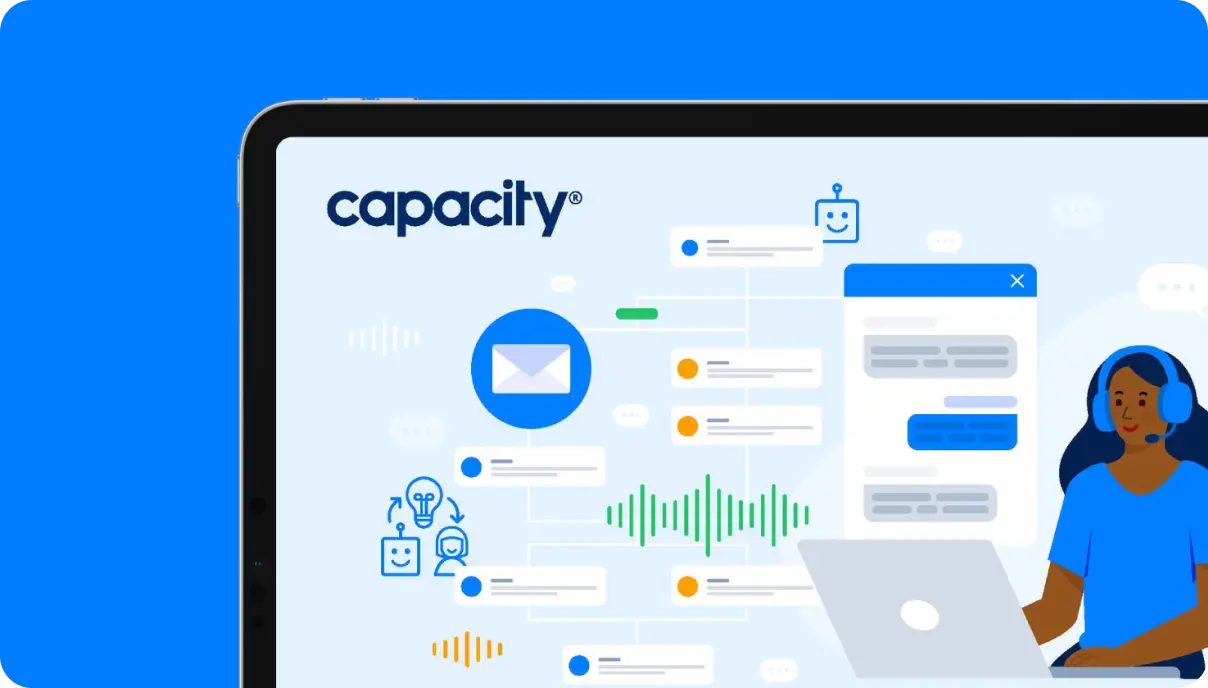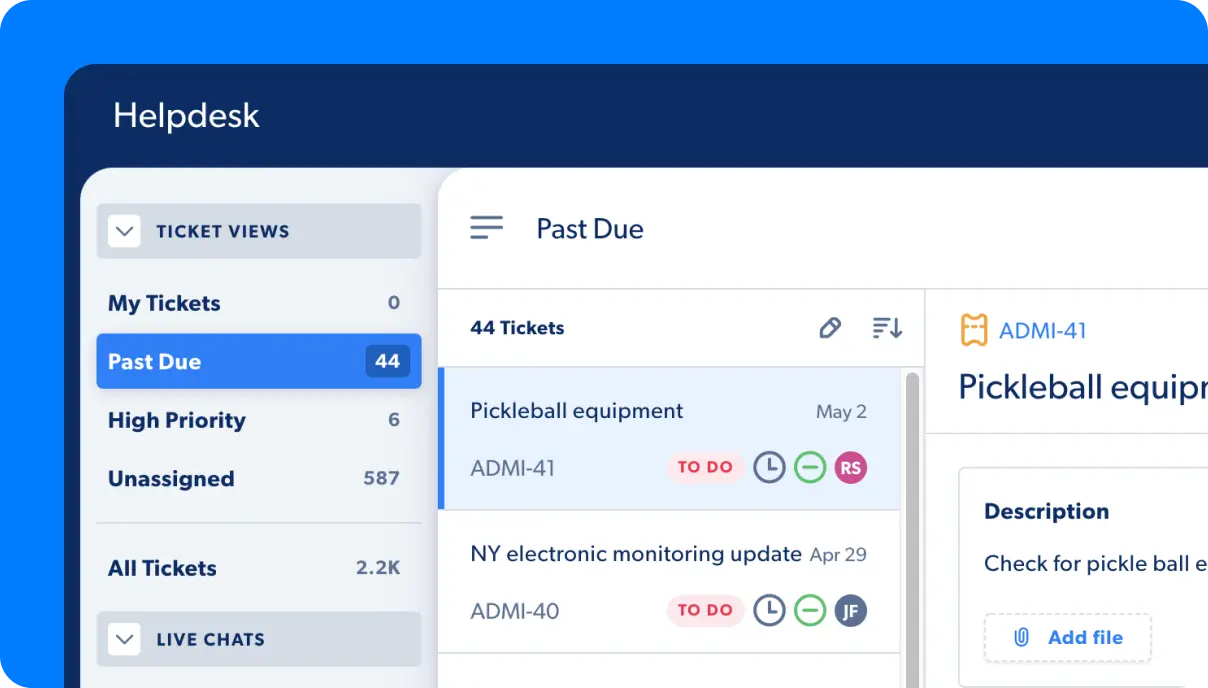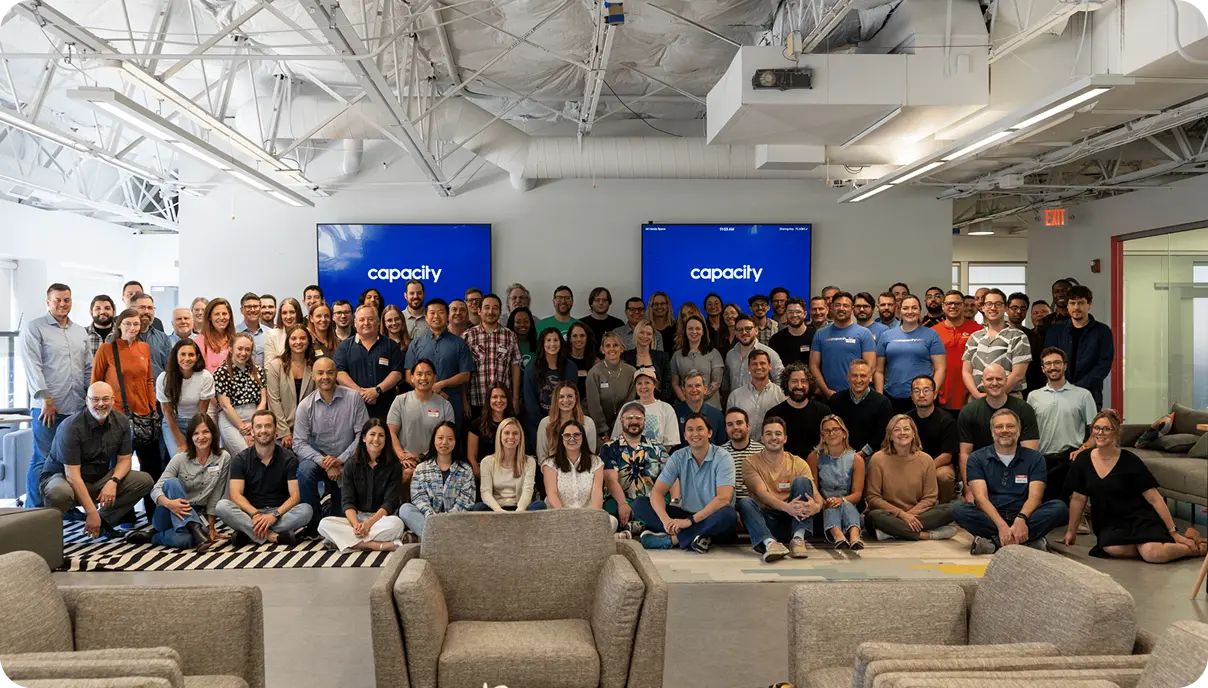You’ve probably dialed support numbers and were prompted to either press a number or speak an automated prompt. What you’re talking to, initially, is an Interactive Voice Response (IVR) system. The IVR can understand phrases such as “customer support,” or, “billing,” and automatically transfer your call.
With conversational AI and natural language processing (NLP), you can increase the accuracy even more. Thus, when we’re talking about the foundations of support automation, we’re talking about AI, machine learning (ML), and NLP.
When machines replicate human intelligence in terms of continuous learning, self-correction, and decision-making, it is called AI. But how does AI work exactly? With a support automation platform, the AI will use different technologies to understand, analyze, and produce information with ML and NLP.
You’re interacting with ML when you talk to chatbots or ride around in a self-driving vehicle. When emails get sent to your spam box, that’s AI working in the background. Additionally, AI enables chatbots to know exactly how to respond to you.

Now, in terms of NLP, it is a branch of ML. Not only can NLP understand full sentences, but it can comprehend the context. You know how words have different meanings, depending on how you say them?
NLP can read that, and learn as it goes along. Once it analyzes a customer service inquiry, it can provide a quick response, no or little human interaction necessary.
So, with tokenization, parsing, identifying semantic relationships, and understanding languages, NLP can turn text into understandable data. Machines can use NLP to draw conclusions about the relationships between words such as “massive” and “huge,” and label them accordingly. Just think of all the time that can be saved with these types of technologies.
Think of the questions your company gets asked each and every day. Invariably, many of the questions will be similar. A support automation platform can take out the manual labor involved in typing a response when NLP can respond quite thoroughly.
Further, NLP can make your processes and workflows much more seamless. Say a customer submits a support ticket. While a human agent can try to properly route all the tickets, it’s much easier when AI can comprehend the topic. As a result, tickets get routed and resolved much more quickly and your organization is able to assist far more customers around the clock.
With this in mind, it should come as no surprise that customer support automation and AI-driven ticketing systems are experiencing rapid adoption. Artificially intelligent, automated customer service “bots” can extract data from your knowledge base and deliver helpful results via live chat faster than any human.
Of course, data should be user-friendly. For organizations in the BI space, the option would be to convert BI into an easily accessible conversation with an automated chatbot. This can then be used in departments rife with big data.
Instead of sorting through an overwhelming amount of data, the chatbot can and should answer complex questions easily. Processing can also take place in the cloud as opposed to onsite.
As expectations of immediate gratification are now the norm, solutions with AI and NLP-based foundations will pick up speed. The growth of big data, along the demand for a better customer experience will drive adoption of AI-based support automation.











































